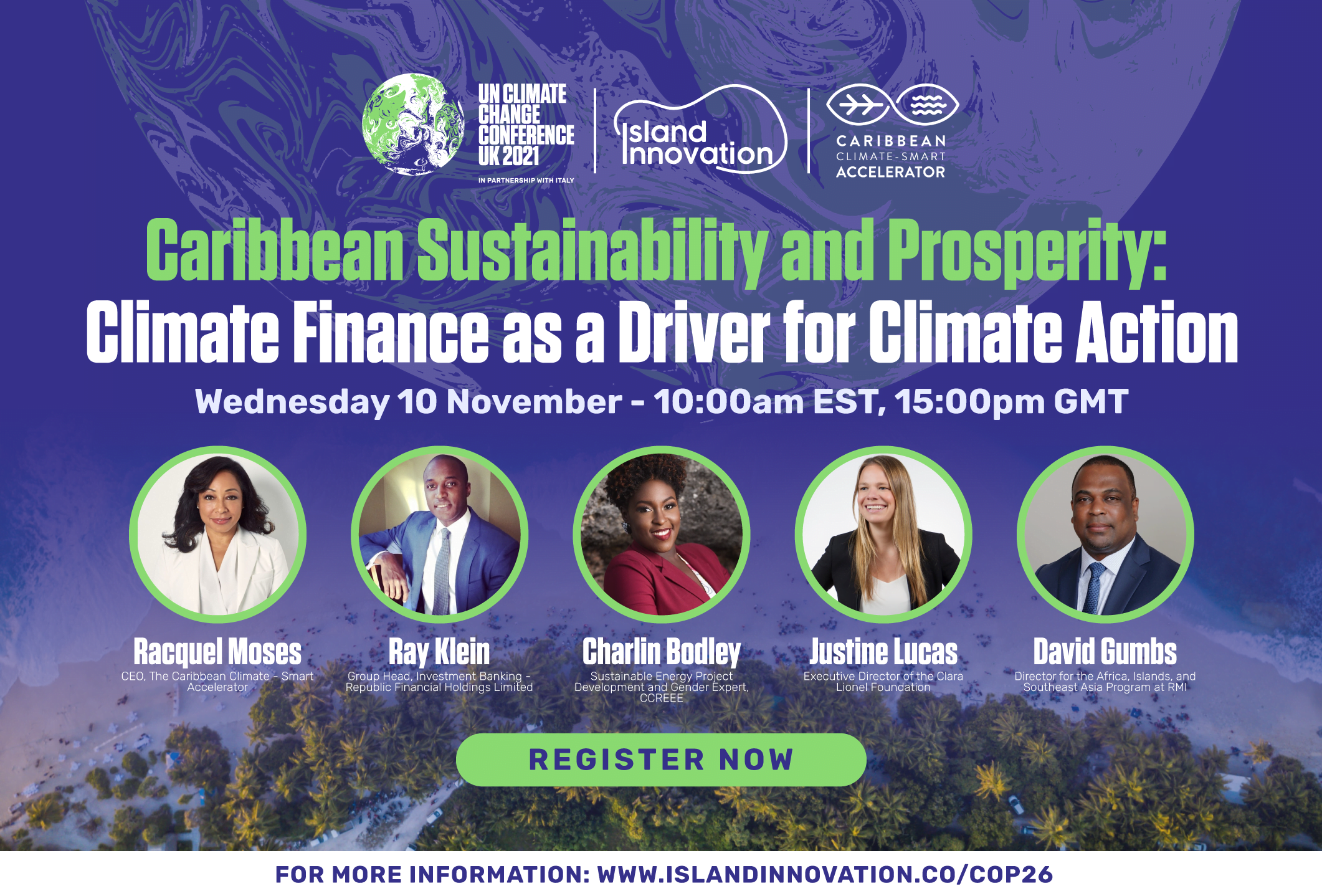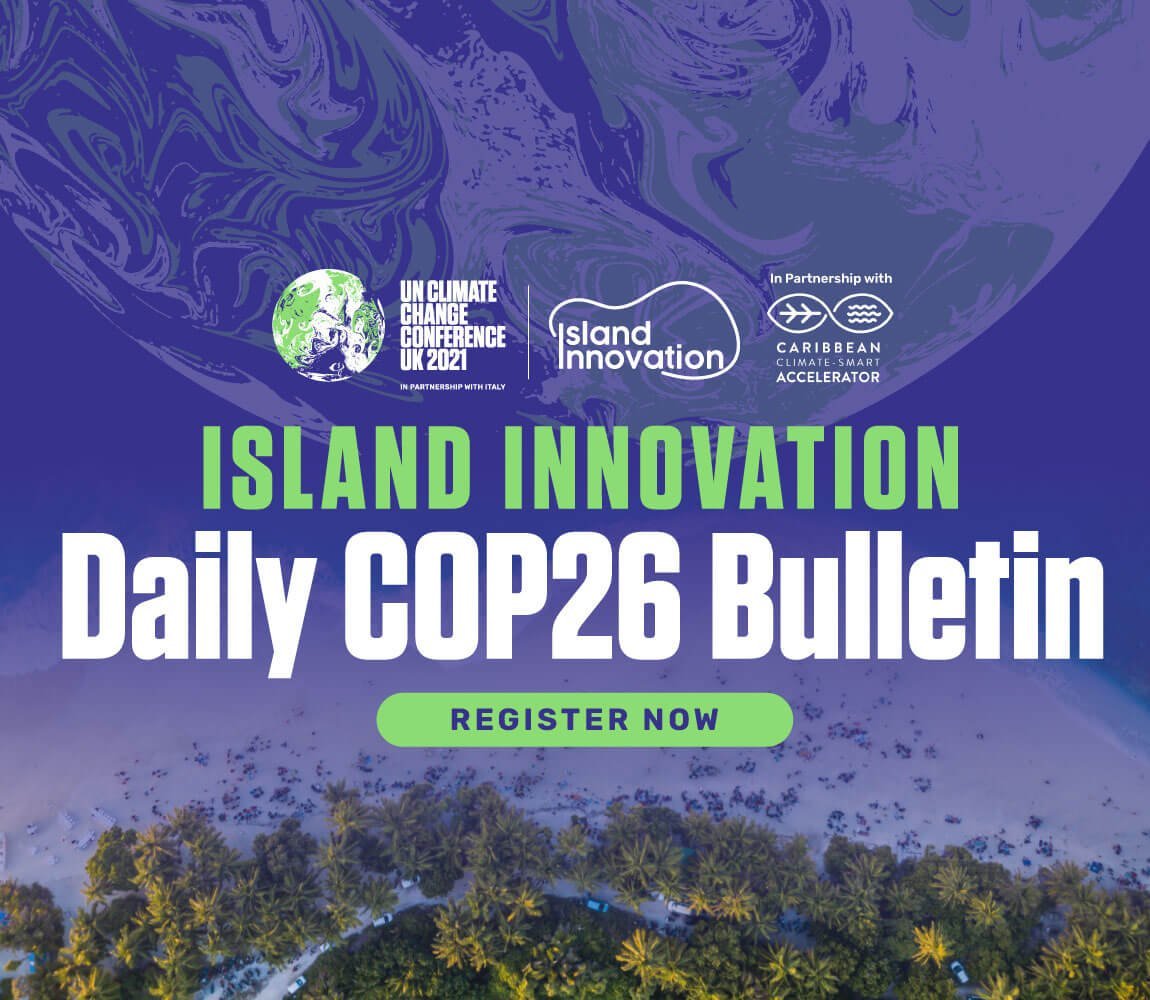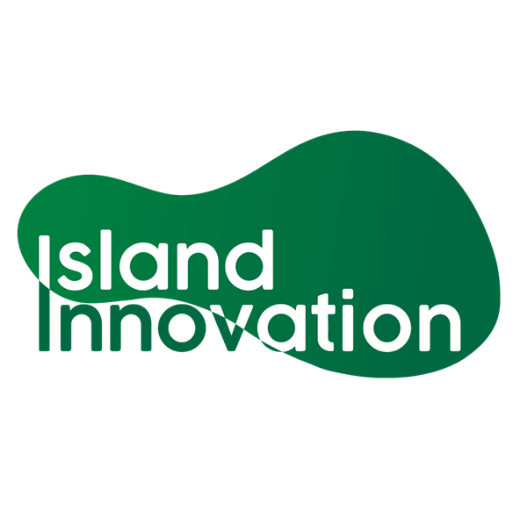Today’s COP26 Presidency Programme tackles the issue of transport, specifically, how to accelerate the transition to zero-emission vehicles.
This goal is important because the emissions from road transport are the fastest growing of any sector. The decarbonization of the transport sector would be a significant step towards creating a cleaner, healthier and more affordable future. The transition to zero emission vehicles is already underway, bringing the benefits of job creation, less air pollution, and reducing the costs of car ownership. A British company being launched at the COP26 on Friday will unveil technology it claims could enable zero-carbon emission flights running on liquid ammonia by 2030.
To meet the goals of the Paris Agreement, this transition needs to happen at a faster rate, and must be applied not only to cars, but also to buses, lorries, buses, and trucks. For the majority of Small Island Developing States (SIDS), part of the long-term strategy for reducing emissions will be a gradual phasing out of gasoline and diesel in the transport sector.
Research has illustrated that SIDS are uniquely positioned to transition faster to low-carbon road transport, if they effectively utilize three distinct characteristics inherent to islands: Their insular nature, urbanization patterns, and role of tourism. As isolated islands, SIDS can optimise their potential to implement a sustainable transport system as there is no interconnection with the land transport of other countries, making restructuring faster than that of networked and connected continental countries.

Three climate vulnerable Pacific nations have asked the world’s governments to agree to aim to make international shipping emissions-free by 2050. In a proposal to the UN’s shipping body, the Marshall Islands, Solomon Islands and Kiribati cited a major report published earlier this year summarising the latest climate science.
In 2018, shipping produced more than a billion tons of carbon dioxide, more than the annual emissions of Germany. The island states’ proposal will be considered at the International Maritime Organization’s next environmental committee meeting on 22-26 November, shortly after UN climate talks at COP26.
Key themes for COP26

MITIGATION
Secure global net zero and keep 1.5 degrees within reach.

ADAPTATION
Urgently adapt to protect communities and natural habitats.

MOBILISE FINANCE
Green transformation of financial systems.

COLLABORATION
Work together to deliver.
News and key insights
- COP 26 a public relations exercise, says Antigua’s prime minister
- At COP 26, Island Nations Demand Action on Funding and Emissions
- From Electric Bikes To Driverless Buses: How The Future Of Travel Could Look In The Highlands And Islands
- Prime Minister of Trinidad and Tobago meets with High-Level team from Shell
LIVE WEBINAR: Climate Finance as a Driver for Climate Action

TODAY – 10:00am EST, 11:00am AST, 15:00 GMT
Duration: 1.5 hours
The aim of a climate-smart zone is to reduce climate vulnerability and build economic security for its citizens. A climate-smart zone is characterized by:
- Reduced vulnerability to a range of climate-related hazards through building resilient infrastructure.
- Reduced greenhouse gas emissions from transportation and other pollutants.
- Healthy ecosystems on the sea to support the Blue Economy.
- Healthy ecosystems on land for food security.
- Enhanced energy security via promotion of renewable energy
- Incorporation of one or more of the SDGs in all projects sponsored by Governments.
Today’s Island-related events
Leveraging the use of geospatial information technology and satellite data for improved climate resilience and disaster risk management
Today
Time: 09:00 – 10:30 GMT
Location: Commonwealth Pavilion
Panel Event: Urban Resilience and the NDCs
Today
Time: 11:15 – 12:45 GMT
Location: Blue Zone
Strategies for Rapidly Scaling Solar Investment: The key to climate change mitigation, energy access, and energy security
Today
Time: 16:30 – 08:00 GMT
Location: Commonwealth Pavilion




